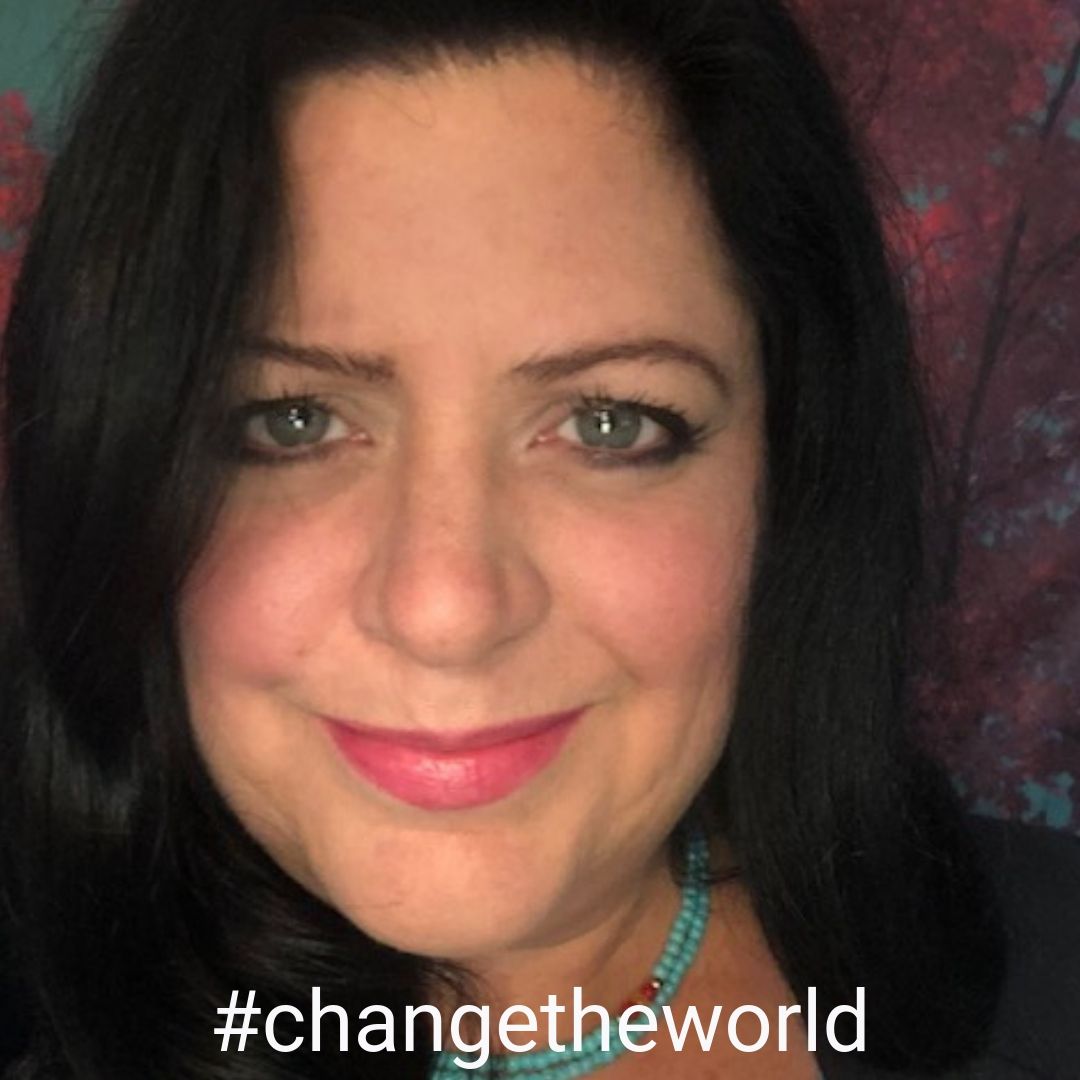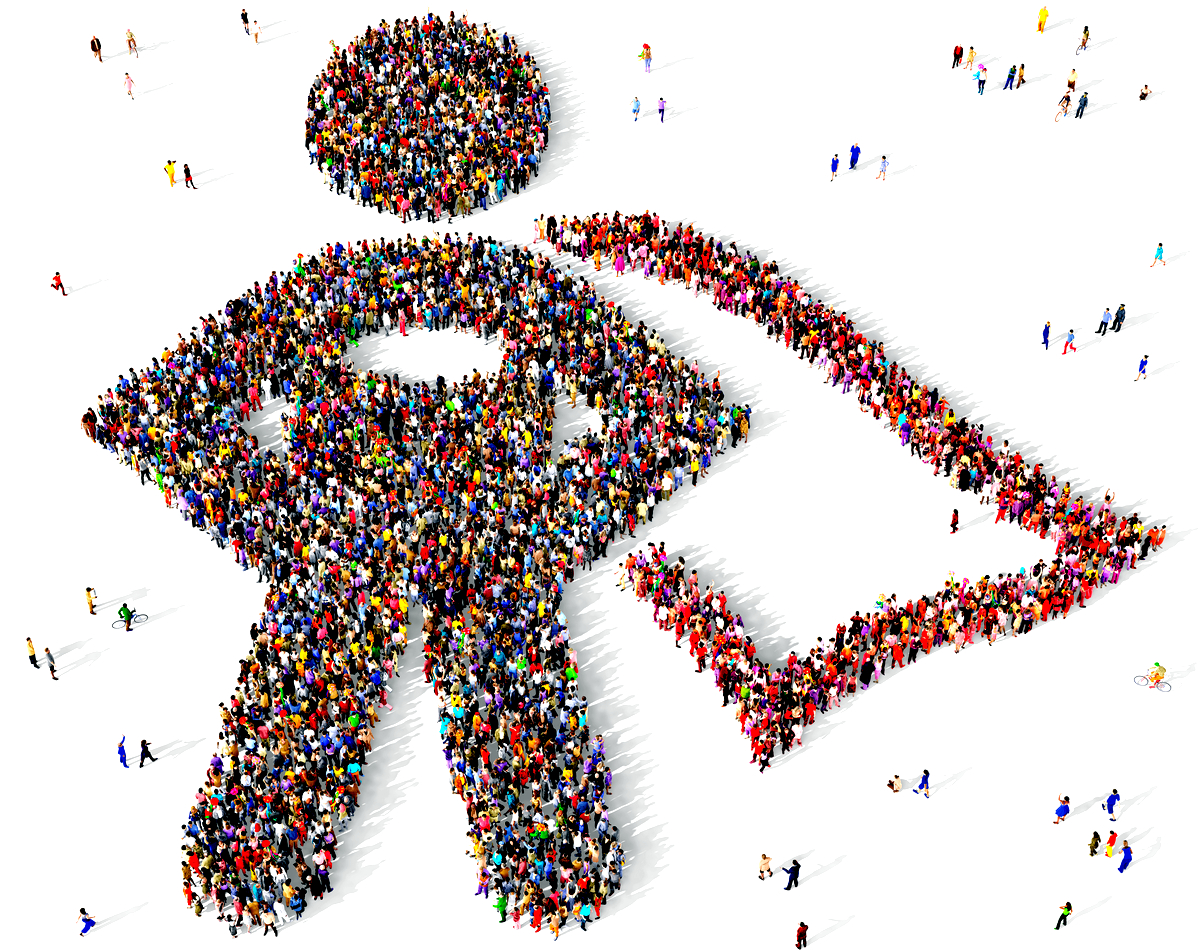New year, new possibilities! Well, 2020 was quite the year. Not one of the best in many respects, although the severity of the pandemic has inspired creative new ways of doing many things, like volunteering. There are now even more places to find virtual volunteering ideas, with many more nonprofits and organizations participating. And hopefully, as 2021 kicks off, we can slowly also start doing more traditional volunteering as safety permits. And, it’s also helped us realize what things matter most. It has created pockets of gratitude and insight that we might not have noticed as much before the world suddenly changed.
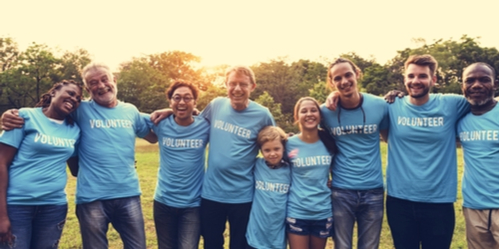
If you’re eager to kick off the new year on a positive note by helping others – or want to give back anytime – below are 33 simple acts to do in 2021 (all from my book, Simple Acts to Change the World: 500 Ways to Make a Difference). Whether you help or give individually, with a group, with your family or kids, or with your company, there’s something for everyone here.
- Create a “Positively ___________” page online, either a social media page or a website. Promote all of the positive things happening in your city, organization, school, or neighborhood.

- Hold a drive for board and card games, then donate the games to local shelters or community centers.
- Remind any adults over age fifty-five to get their blood pressure checked regularly. Pressures of 130 over 80 or higher can mean an increased risk of stroke or heart disease, so knowing about and treating high blood pressure can quite literally save a life!
- Help create better captions on online videos to help those who are hard of hearing. Autogenerated captions aren’t always correct, so if you leave comments with corrections on videos for the creators, they can be edited to be more precise so everyone can get the full story.
- Sign kids up for library cards to help them develop a love of books and reading that will benefit them for life.
- Teach kids Internet safety tips like turning off their location on apps, and never posting their address, email, or phone number online. The Internet can be a valuable tool as long as you stay safe!

- Smile at a stranger, and make two people happy!
- Support robotics programs in your local elementary schools, especially for girls. Still far fewer women than men go into STEM (science, technology, engineering, and mathematics) around the world. Fun, challenging, and interesting programs like robotics can help girls, and boys, develop an interest in STEM fields by sparking curiosity. And those brilliant minds might later help create world-changing breakthroughs we can’t even imagine today!
- Create a mobile farmers’ market. A mobile farmers’ market can supply fresh and healthy fruits and vegetables, and can be stocked by local farmers.
- Give someone clean water to drink in another part of the world. Globally, one out of every nine people doesn’t have access to clean water. Donating to organizations like CharityWater.org, Water.org, and Planet-Water.org helps provide clean water through activities like building wells or filtration systems. Help quench someone’s thirst, safely!
- Make a list of easy volunteering ideas for kids and parents to do together, and distribute it to local schools.
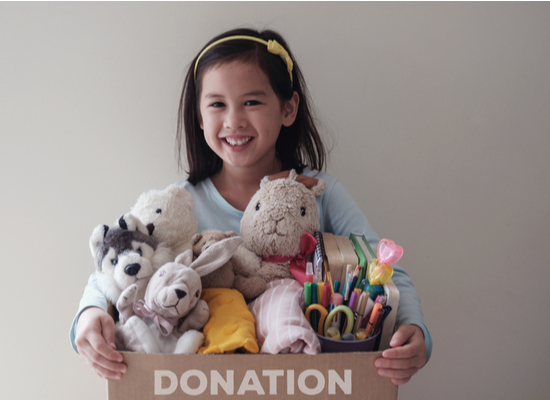
- Teach young kids about giving by having them select a toy of theirs to give to a less fortunate child. This can be a nice classroom project for kindergartners or preschoolers. Letting kids experience the joyful feeling generosity creates helps encourage a lifelong love of changing the world!
- Launch or support entrepreneurial classes and resources in an area where there are not currently many businesses by working with local businesses, schools, or government agencies to kick off programs. There is a lot of readily available support for entrepreneurs and small businesses online, like Clarity or SCORE (mentoring); Udemy, Coursera, or Lynda.com (online classes); and GAN, the Global Accelerator Network (a start-up accelerator for financing), that you can offer up in your community.

- Donate diverse picture books to nonacademic places where many kids may be, like doctors’ offices, places of worship, and recreational centers.
- If you work in media, check in on yourself to make sure you do not accidentally demonize groups or neighborhoods by only covering negative news relating to them. Try to proactively cover stories about good things the residents are doing!
- Give blood. Blood is needed for many lifesaving things and can’t be manufactured. One blood donation can save up to three lives! You can also help set up a drive in your community. RedCrossBlood.org has information to help plan an event.
- If you volunteer or work with any underprivileged groups, ask them about their hopes, dreams, and ideas, rather than simply “prescribing” a solution you think will help them. The term “parachuting in” refers to a nonprofit going in to a community with good intentions, but without listening to what that community is already doing for themselves, or what they want for themselves. Listening to the people most impacted by problems—and potential solutions—is a powerful way to make sure good intentions turn into good outcomes for the people being served.
- Help a school become a certified Schoolyard Habitat through the National Wildlife Federation (NWF.org). Kids can get involved by planning and creating ways to provide food, water, and shelter for local wildlife, as well as ways to use the space for teaching.
- Help a teacher get a small grant for something his or her classroom needs. Check out DonorsChoose.org or NGOSource.org for more information!

- If you’re a woman, contribute to information websites like Quora and Reddit. Having more women contributors helps ensure a more balanced view of topics.
- Introduce meditation classes for incarcerated youths, or for schoolkids instead of detentions. Research has shown positive results from kids learning to control their thoughts and reactions better through the calming practices of meditation.
- Be early. Being fifteen minutes early to any meeting shows respect for other people’s time, and encourages others to do the same.
- Start a “compliment campaign” with a group of friends to compliment every person you meet for a week. Write about how people responded, and share the story as a challenge for others.
- Think about diversity when organizing events, including speaker choices, locations, food choices, accessibility, and other often-overlooked areas where proactively choosing more diversity can make a big impact. More people may attend and feel included if an effort is made to be diverse and inclusive from the beginning.
- Tell a nonprofit you know about Google Ad Grants. Through Google Ad Grants, Google awards up to $10,000 in Google AdWords advertising each month—for free. This can help the organization be more visible when people are searching for help online. Check out www.google.com/grants for details.

- Teach your kids to compliment people and say “thank you” often. Whether expressed with spoken words, with a note, through a generous tip, or in a thoughtful small gesture, compliments and gratitude benefit both the giver and receiver each time.
- Help kids make “helping calendars.” Simply add set times to volunteer or give back to the community to a special calendar, and add gold stars when a service is completed. Kids will develop a habit of giving, while enjoying their role in creating a calendar of helpful activities.
- According to DoubletheDonation.com, between six and ten billion dollars of matching gift money is left unused each year. Remember to ask for the matching gift when you make a donation, so your favorite cause gets twice the money. Help even more by asking your HR team to send reminders to all employees about requesting matching donations.
- Double the smiles. One way to create more overall impact is by connecting two groups together who mutually benefit. For example, schoolchildren can decorate place mats for homebound people who receive Meals on Wheels, or make no-sew blankets for organizations like Project Linus, which gives blankets to children in need. The kids will love the fun of creating things, as well as the joy of giving, and the recipients will enjoy their creations!
- Teach a young adult about compound interest. Albert Einstein called compound interest “the greatest mathematical discovery of all time” for good reason. If a young adult understands that starting his or her investing for retirement at age twenty-five instead of age thirty-five will result in almost twice as much money by age sixty-five, it can have a positive lifelong effect for them and their family. The learning website KhanAcademy.org has easy-to-follow videos on compound interest.
- Refer someone to 211. United Way’s free phone hotline, 2-1-1, is confidential and available twenty-four hours a day. Trained staff connect people to resources in their area, such as food, housing, medical services, veterans’ programs, crisis centers, disaster and emergency services, and more. These services are also available at 211.org. For international hotlines, simply web-search your region’s helpline number to refer a friend, family member, or neighbor.
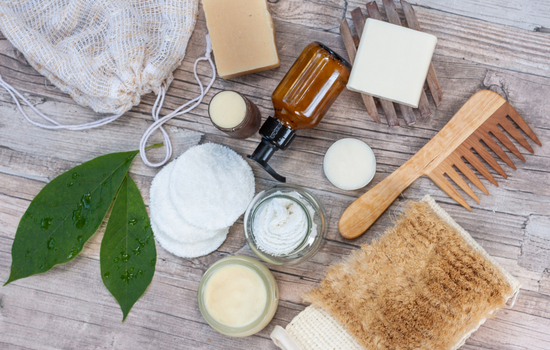
- Teach or organize a class for your community on how to make eco-friendly and cost-saving homemade household necessities like laundry detergent, spray cleaner, sunscreen, bug spray, shampoo, and hand soap.
- Give your old electronics new homes. Donate any unused (and working) electronics such as TVs, DVD players, stereos, tablets, gaming systems, and computers to local schools, libraries, shelters, or community centers. There, they can be enjoyed by many members of the community, even if they aren’t the latest version!
Please share your favorite ideas with me on social media with the hashtag #changetheworld, and be sure to also leave any thoughts, ideas, or examples in the comments!

